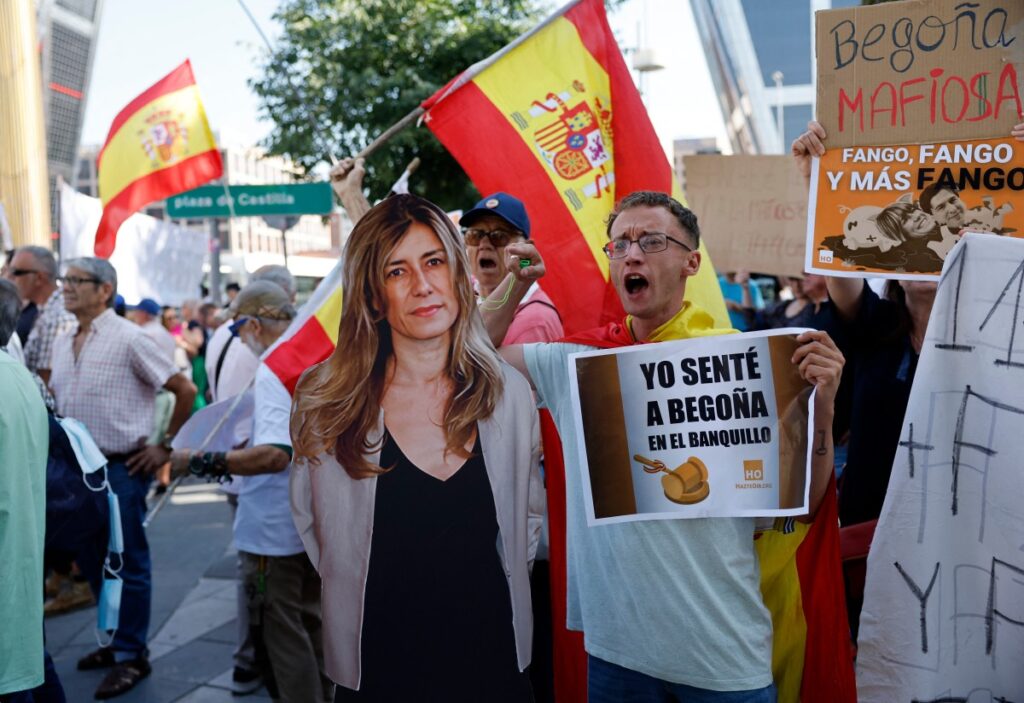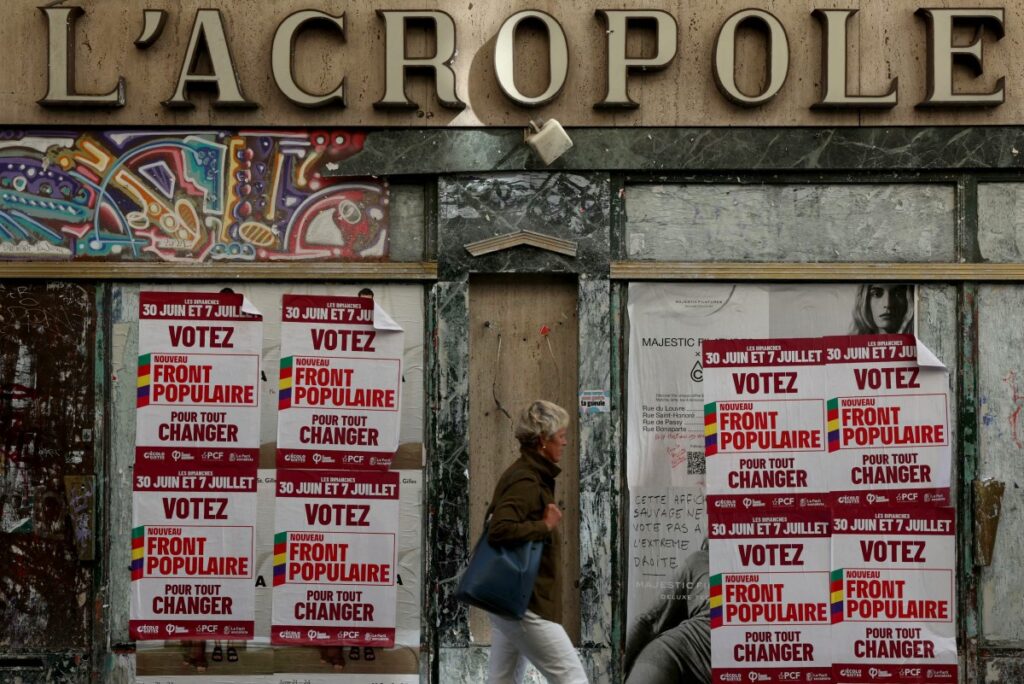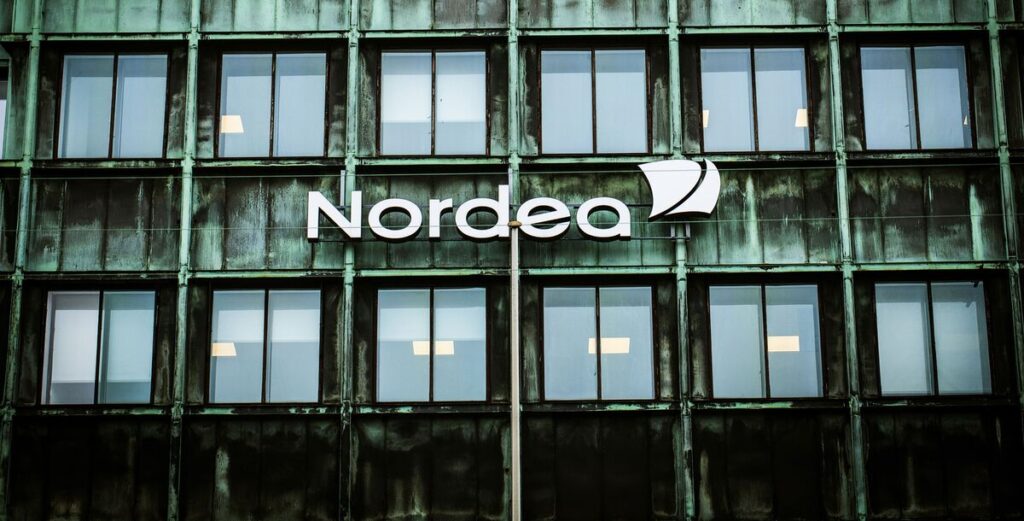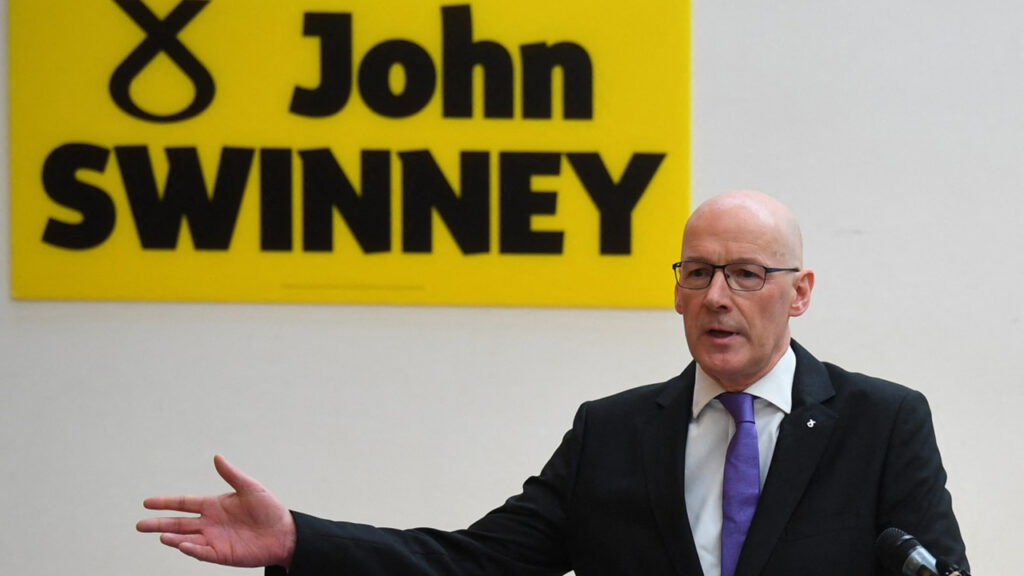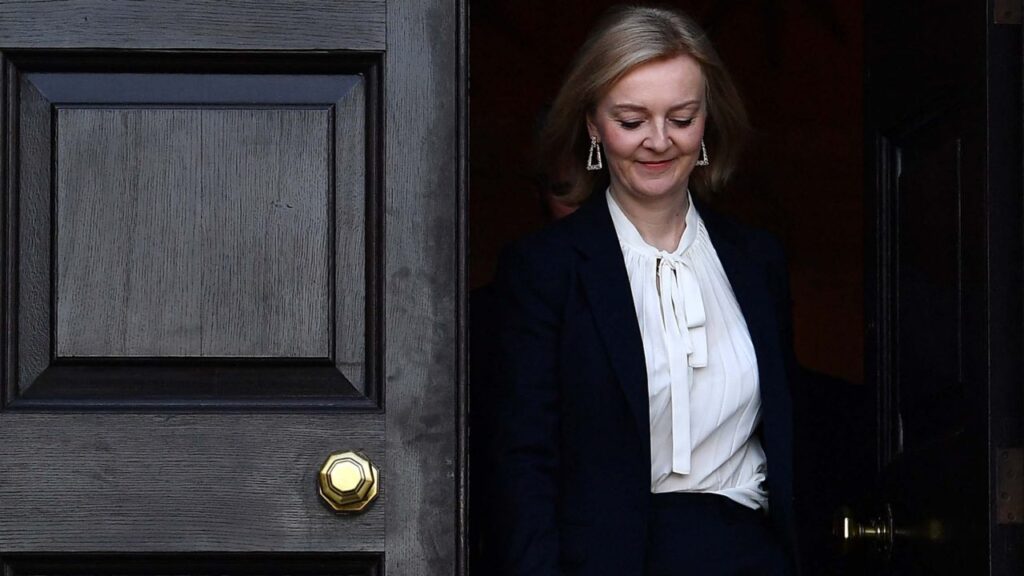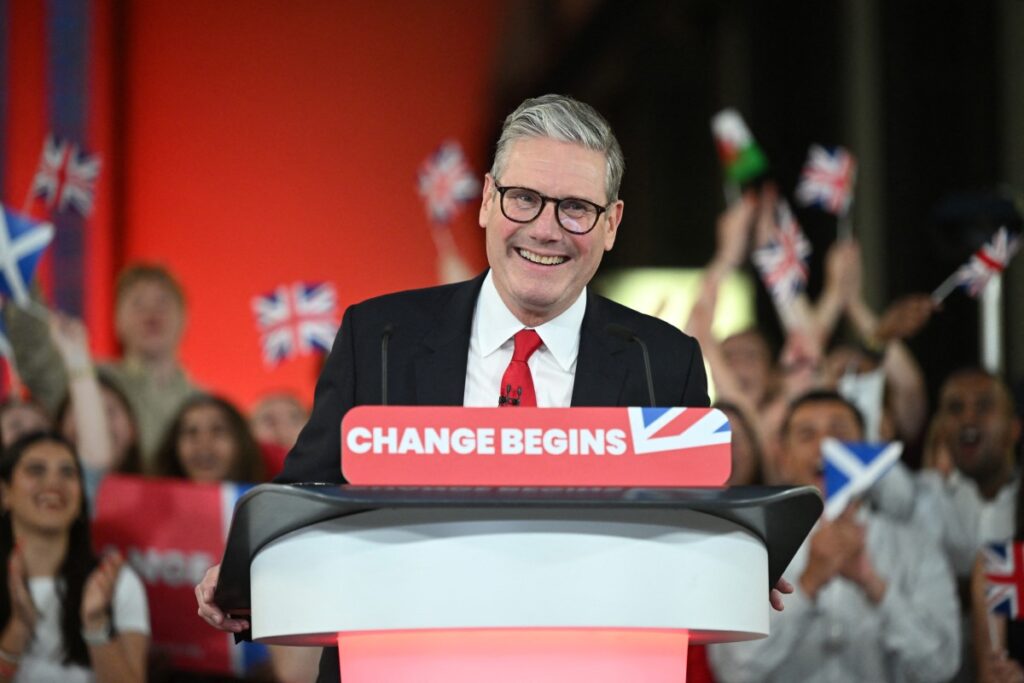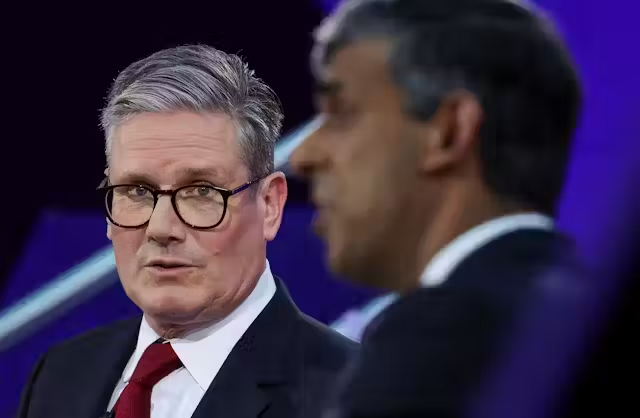
The Kremlin said Friday that Russia could grant legal status to private military groups, in what would be a U-turn prompted by the fallout of the Wagner group’s short-lived insurrection last month.
“This issue will be considered,” Kremlin spokesman Dmitry Peskov told reporters, describing a move that would give Russian authorities greater direct control over ostensibly private fighters.
Peskov said that Vladimir Putin had made the point in an interview published a day earlier with the Kommersant business newspaper.
Questions around the official status of private mercenary groups “required further consideration”, Peskov paraphrased the Russian leader as saying.
The ambiguity of the relationship between groups like Wagner and the Russian state has given the Kremlin plausible deniability when dispatching private fighters to serve state interests abroad.
But the Wagner group’s failed uprising has seen Moscow bring the group closer under its control, including by removing all heavy military hardware from the organisation’s inventories and striking a deal to exile its leader.
Putin told Kommersant that during a meeting in the Kremlin, Wagner chief Yevgeny Prigozhin had refused to let his fighters serve under someone else’s command.
Three weeks after Prigozhin launched a short-lived rebellion against Russia’s top military brass, the future and whereabouts of Wagner members remain uncertain.
– Out from the shadows –
The Kremlin had confirmed but gave few details about a meeting between Putin, Prigozhin and other Wagner commanders on June 29, five days after the mutiny.
In the Kommersant interview published late Thursday, Putin said he had offered a way forward for Wagner fighters.
“They could all gather in one place and continue to serve,” Putin said.
“Nothing would have changed for them, they would have been led by the same person who was their real commander all this time,” Putin was cited as saying.
The Russian leader said that “many nodded” but that Prigozhin ultimately refused the offer.
Wagner had operated in the shadows for years.
It came into the spotlight during the military operation in Ukraine, despite the fact that private military companies are illegal in Russia.
“The (Wagner) group is here, but it does not exist legally!” Putin told Kommersant.
“There is a separate question related to their real legalisation. It’s a question that must be discussed in the Duma and within the government,” Putin said, referring to the lower chamber of Parliament.
Observers say the mutiny was the biggest challenge to Putin’s authority since he came to power in 1999.
On June 23 and 24, thousands of mercenaries took up weapons and marched from southern Russia towards Moscow with the aim of toppling the country’s military leaders.


